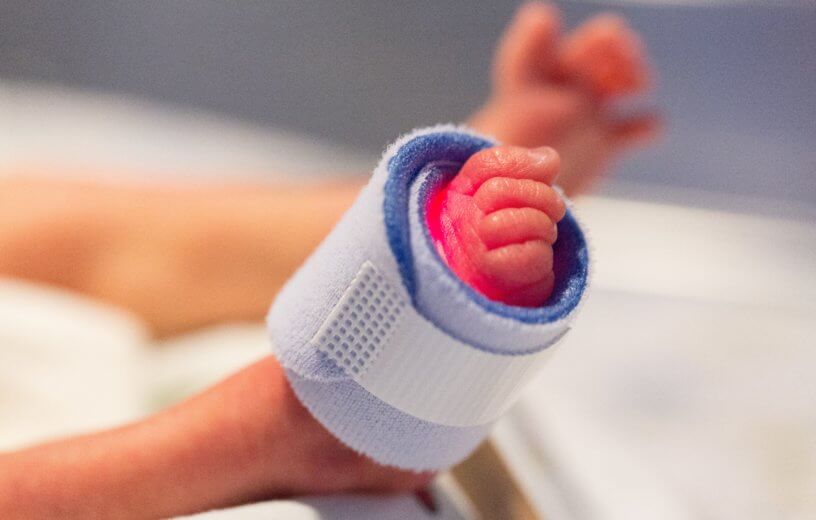IOWA CITY, Iowa — The brains of premature baby boys are more adversely impacted by their early delivery than the brains of preemie girls, a new study reveals.
Researchers with the University of Iowa based their findings on quantitative brain measurements of infants taken as part of an ongoing developmental study of premature babies’ brains.
“The window between birth and one year of age is the most important time in terms of brain development,” says study co-author Amanda Benavides in a statement. “Therefore studying the brain during this period is important to better understand how the premature brain develops.”
Researchers used magnetic resonance imaging scans to study the brains of 33 infants. Some of the babies were born full-term (at least 38 weeks gestation) and some were born preterm (less than 37 weeks). For purposes of the study, the MRI scans were adjusted to reflect a corrected age of twelve months old.
The authors say that the MRI brain measurements of the infants revealed significant, but expected differences between male and female brain structures. Though the brains of boys had more volume, there was inequality in distribution. Girls had a disproportionately larger amount of gray matter — brain tissue involved in muscle control, sensory information, memory, speech and emotion — and boys had a disproportionately larger amount of white matter, which is the tissue that that enables the different areas of gray matter to communicate.
Researchers say these same gender-related differences are seen in older children and adults. It simply tells us that the distinctions occur at a very young age.
But when it comes to prematurity, researchers found a direct correlation between gestational age and overall cerebral volume, with earlier births linked to smaller cerebral volume. Premature births, however, were found to have much more of an impact on male brains.
The authors say their results indicate that the earlier a boy is born, the smaller his amount of gray matter. On the other hand, the earlier a girl is born, the smaller her amount of white matter. And while premature birth impacts both sexes, the effects of a preterm birth are more profound for boys. They believe these findings add to previous knowledge that male fetuses are generally more susceptible to developmental issues.
“Given this background, it seems likely and even expected that the effects of prematurity on brain development would be more severe in males,” explains co-author Peg Nopoulos. “The insults to the premature brain incurred within the first few weeks and months of life set the stage for an altered developmental trajectory that plays out throughout the remainder of development and maturation.”
The takeaway is for pediatricians, parents and educators to keep an especially watchful eye on preemie boys for any developmental concerns.
The findings were published in the September 19, 2018 edition of the journal Pediatric Research.
